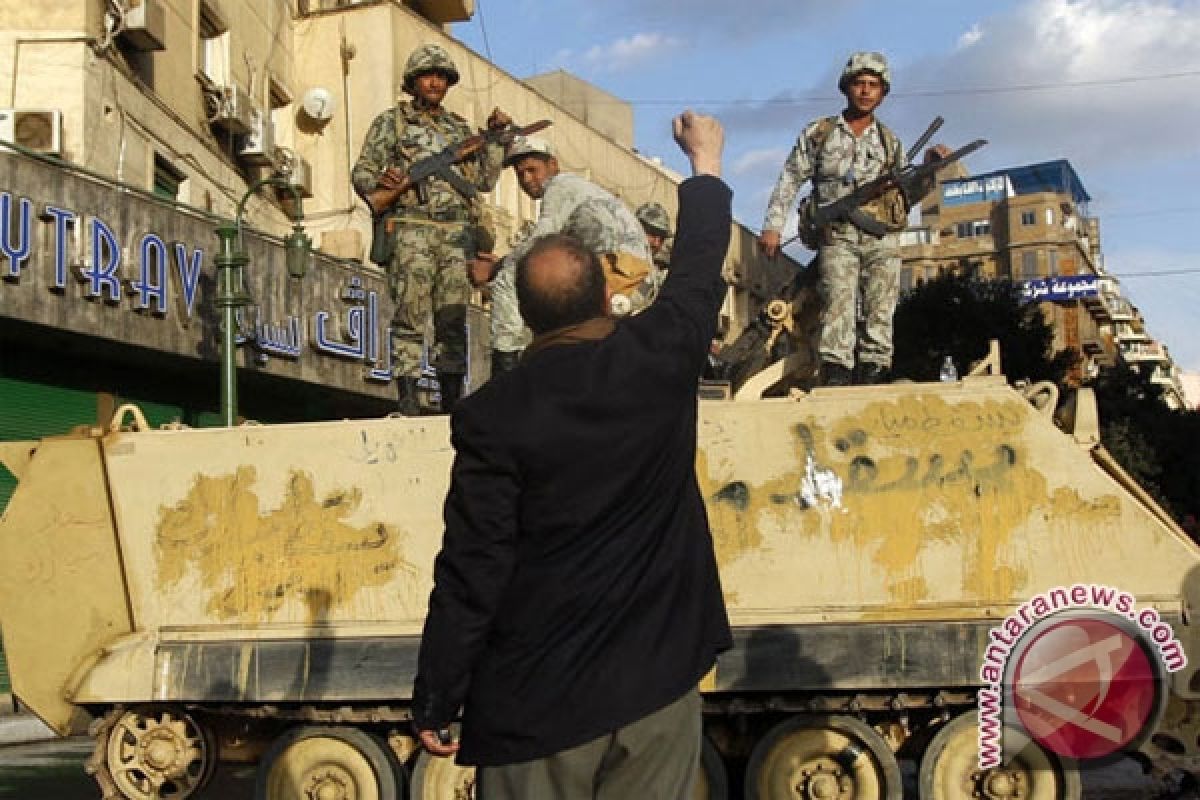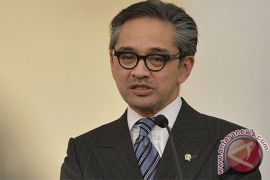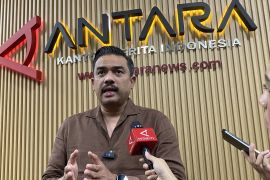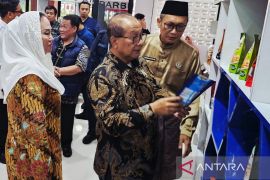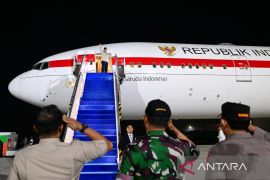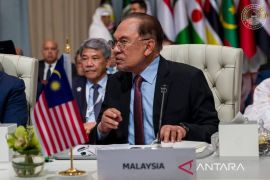...a series of imminent danger looms over the future of democracy in Egypt."New Castle (ANTARA News) - Yet another revolution shook Egypt. Only two years after the revolution against Mobarak, Egyptians flooded streets and city squares, protesting the reign of President Morsi. After three days of massive protests, the drama reached its climax with the announcement by the military leader, General Abdel Fattah al Sisi, stating military’s support to the opposition. At 17.00, the military seized the government, detained President Morsi and his senior aides, abolished the parliament and suspended the constitution. Al Sisi also appointed the head of High Constitutional Court, Adly Mansour, as the caretaker of the government during the transitional period.
The fate of Morsi’s administration is tragic. It is one of the shortest democratic regimes in world’s history. The other democratically-elected presidents who had one year, or under, period of administration before being overthrown were Abulfaz Elchibey of Azerbaijan and Necmettin Erbakan of Turkey.
The Egyptian military’s decision to interfere with civilian political process was a controversy in itself. Pro-Morsi masses were condemning the intervention by the military as a coup. Morsi, after all, was elected in a fair presidential election with 51.73% votes. He ruled legitimately, and if the opposition had disagreement with his policies, they should punish him in the next election. On the other hand, opposition masses who accused Morsi of being totalitarian and employed his supporter exclusively in his administration, celebrated the military’s decree. To the opposition, the decree was a testimony of the military’s support to the people’s will. Shouts and fireworks marked Tahrir Square, where the main body of anti-Morsi demonstrations resided.
But amidst this festive mood, a series of imminent danger looms over the future of democracy in Egypt. These dangers were ironically introduced by what the opposition regards as their saviour: the military. If Egyptians honestly want to save their democratic process, these will require to be addressed as soon as possible.
First, democracy’s intention is to shift the struggle of power from street violence and physical competitions to the competition in electoral processes. By overthrowing a legitimately-elected president, the military has disrupted the democratic process and brought the competition for power back to the streets, supported by guns and tanks.
Second, the intervention by the military showed a weak civil movement in Egypt. The civilians of Egypt relied heavily to military support in their attempt to topple Morsi. Without the guns and tanks of the army, the opposition did not have the strength and means to fulfil their political aspiration. Run unchecked, this will decapitate political movement in Egypt. Political groups will always be dependent to military force and will always seek the assurances from the army, to achieve their political goals. Political groups never improve their capabilities in articulating interests, organizing protests and campaigns, and educating the masses. Why should they? All they need is turn to the army and using tanks to express themselves.
Third, the military has shut down several media and arrested journalists, including Al Jazeera’s, right after Al Sisi made his announcement. Shutting down media and arresting journalists are bad precedence in maintaining freedom of speech in Egypt. If the regime does not rectify this, Egyptians will have “democratic government†in name only.
Fourth, comparison in world history suggests that once the military overthrow a democratic regime, it often reluctant to return the authority to civilians. Instead being the vanguard of democracy, military intervention often plays as the harbinger of authoritarian regime. These can be seen in Indonesia, Chile, Pakistan, Myanmar, and of course, the history of Egypt itself. Concerns about this have already been raised by various international observers. Unfortunately, the opposition think differently. They perceive the military as saviour, not even seen a lesser evil compared to Morsi. Accoding to Mohammad Elmasry in his article in Jadaliyya (28/06/2013), Egyptian media owned by cronies of Mobarak played important part in constructing false image on Morsi and his administration.
Fifth, the military’s decision to detain Morsi, his aides and various Brotherhood political figures might backfire since it will conjure a sense of alienation among members of Muslim Brotherhood and their allies. While Al Sisi apparently conscious of the importance of including Islamic movements, as evident by his inclusion of Al Azhar cleric and An Nour politician when announcing the decree, Morsi supporters still constitute the majority of Islamic movement in Egypt.
Alienating the Islamic movement was the main policy of previous regimes in Egypt, and that does not curb the development of the Islamic movements. On the contrary, alienating Muslim activists from natural political process in Egypt will radicalize these activists. Seeing how the Brotherhood was punished because adopting a “moderate, soft†approach on da’wah will compel the others to seek “harder, non-compromise†approach, namely violence and terrorism.
Granted, Morsi was far from perfect. A Canadian journalist Patrick Graham (The Globe and Mail, 03/07/2013) reminisced Morsi as “too sure on electoral turn out as his source of legitimacy†and “lack of charismaâ€. He obviously made serious blunders with some of his policies and unable to maintain good communications with fellow politicians. But at the same time, post-Mobarak Egypt was not a paradise land to begin with. The country was suffering from corrupt bureaucracy, numerous human rights violations from the police and unprofessional army exploiting state assets. Richard Falk (al Jazeera, 02/07/2013) described the turbulent nature of post-Mobarak Egypt in details and concluded that maybe, even Nelson Mandela would have failed in governing Egypt.
However, Morsi’s lack of statesmanship should not be the justification for the involvement of military force in democratic political process. The interim government should hold free and fair election as soon as possible, by including all political parties and interest groups. They also should restore freedom of speech and political rights of Morsi’s supporters. More important, the Egyptians should start playing the rule of democracy and use ballot boxes as the means of protests and voicing their aspirations. Otherwise this will start the Fall in Egyptian democratic process, instead prolonging the Spring.
* The writer is a
lecturer at Department of International Relations, Slamet
Riyadi University,
and a PhD Candidate at Newcastle
University, UK.
Reporter: Ganjar Widhiyoga*
Editor: Ella Syafputri
Copyright © ANTARA 2013
